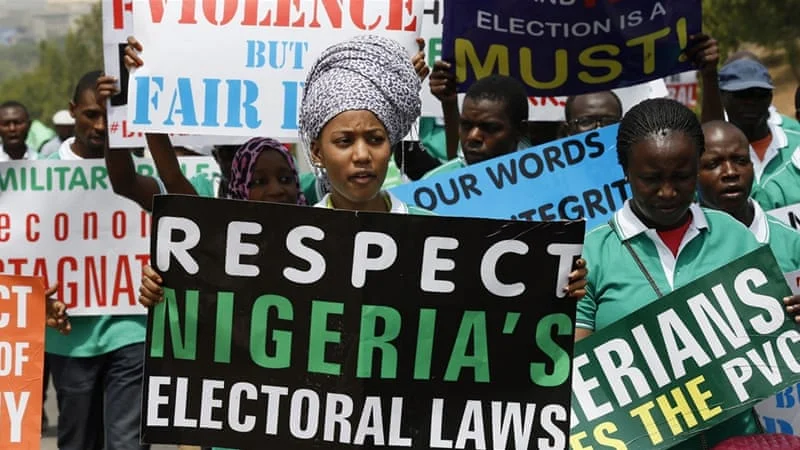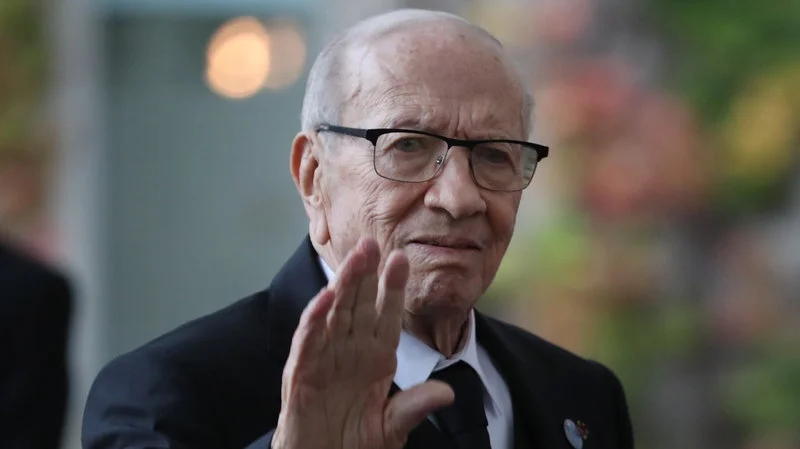The 2019 Nigerian Elections By Phillip Howard
73 million voters participated in Nigeria’s recent election, choosing between a multitude of presidential candidates, including the two frontrunners, incumbent Muhammadu Buhari and challenger Atiku Abubakar. The economy, jobs, and security were main issues this campaign as President Buhari promised to take the country to the “next level.”
Buhari, a member of the All Progressives Congress, was the first challenger to defeat an incumbent president in 2015. Abubakar, a member of the People’s Democratic Party, served as Vice-President from 1999 to 2007.
87 million Nigerians live in poverty, making the country one of the poorest in the world. Abubaker, “a pro-market multimillionaire who has said he would float the national currency and sell stakes in the state oil company” was a contrast to Buhari, who favored a strong role for government in the economy.
Photo by Reuters
The election was delayed over logistical concerns, including vote buying, technology failures, and violence. Attacks from the terrorist group Boko Haram threatened to delay elections even further.
An estimated 39 people were killed in election-related violence, while the inspector general of police said 128 people were arrested for ballot theft and/or homicide. This led to European Union observers to conclude that “serious operational shortcomings placed undue burden on voters.”
The election drew attention in the U.S. as well. Rep. Chris Smith (D-NJ), chairman of the House Subcommittee on Africa, Global Health, and Human Rights, said he was “very concerned by credible reports that the [Nigerian] vote is being tampered with.” Smith believed it was “critical that the Independent National Electoral Commission (INEC) announce without delay” the actual results, so to “avoid any manipulation of the tally.”
Muhammadu Buhari
Buhari won a second term, 56 percent to 41 percent. Turnout was 35 percent of eligible voters.
Abubakar challenged the results, calling it a “sham election” and contending there were “premeditated malpractices” in many states. Buhari congratulated his supporters and promised that “no section or group will feel left behind or left out.” He also urged followers not to “gloat or humiliate” the opposition.
External observers, such as Idayat Hassn, director of the Centre for Democracy and Development in Abuja, have also called for calm. “What we should be focused on at this point is how to heal the country,” said Hassn, “how to merge the widening divide that this election has actually brought.”
Phillip Howard is a graduate student at Utica College







